
Agbodrafo: A Hidden Gem on Togo's Coastline
Agbodrafo is a quaint coastal town in Togo, offering a unique blend of history and natural beauty. Nestled between Aneho and Lomé, this charming village is known for its serene beaches and rich cultural heritage. The town is a peaceful retreat, perfect for tourists looking to escape the hustle and bustle of city life. One of the main attractions in Agbodrafo is the Maison des Esclaves, a historic slave house that stands as a poignant reminder of the town's past. Visitors can explore this site to gain insight into the region's history and the impact of the Atlantic slave trade. The house has been preserved to give a glimpse into the lives of those who were once held there. For nature enthusiasts, Lake Togo provides a stunning backdrop for various outdoor activities. You can enjoy boat rides, bird watching, and fishing in this tranquil setting. The lake's calm waters and lush surroundings make it an ideal spot for relaxation and contemplation. Agbodrafo's beaches are another highlight, offering pristine sands and clear waters. Whether you're looking to sunbathe, swim, or simply take a leisurely stroll along the shore, the beaches here provide a perfect escape. Local vendors offer fresh seafood and handmade crafts, adding to the town's charm and appeal.
Local tips in Agbodrafo
- Visit Maison des Esclaves early in the day to avoid crowds and get a more personal experience.
- Bring cash as many local vendors and smaller establishments may not accept credit cards.
- Go bird watching at Lake Togo; it's best early in the morning when the birds are most active.
- Try the local seafood at beachside stalls for a fresh and authentic taste of Agbodrafo.
- Wear comfortable shoes for walking around the historical sites and along the beach.
Agbodrafo: A Hidden Gem on Togo's Coastline
Agbodrafo is a quaint coastal town in Togo, offering a unique blend of history and natural beauty. Nestled between Aneho and Lomé, this charming village is known for its serene beaches and rich cultural heritage. The town is a peaceful retreat, perfect for tourists looking to escape the hustle and bustle of city life. One of the main attractions in Agbodrafo is the Maison des Esclaves, a historic slave house that stands as a poignant reminder of the town's past. Visitors can explore this site to gain insight into the region's history and the impact of the Atlantic slave trade. The house has been preserved to give a glimpse into the lives of those who were once held there. For nature enthusiasts, Lake Togo provides a stunning backdrop for various outdoor activities. You can enjoy boat rides, bird watching, and fishing in this tranquil setting. The lake's calm waters and lush surroundings make it an ideal spot for relaxation and contemplation. Agbodrafo's beaches are another highlight, offering pristine sands and clear waters. Whether you're looking to sunbathe, swim, or simply take a leisurely stroll along the shore, the beaches here provide a perfect escape. Local vendors offer fresh seafood and handmade crafts, adding to the town's charm and appeal.
When is the best time to go to Agbodrafo?
Iconic landmarks you can’t miss
Marché Agoé Assiyéyé
Experience the vibrant culture and local flavors at Marché Agoè Assiyéyé, Lomé's must-visit market for tourists seeking authentic Togo.
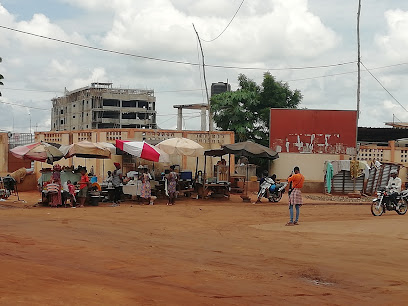
Crossroads of the Two Lions
Discover the rich cultural heritage at the Crossroads of the Two Lions, a historical landmark in Lomé, Togo, representing strength and local spirit.
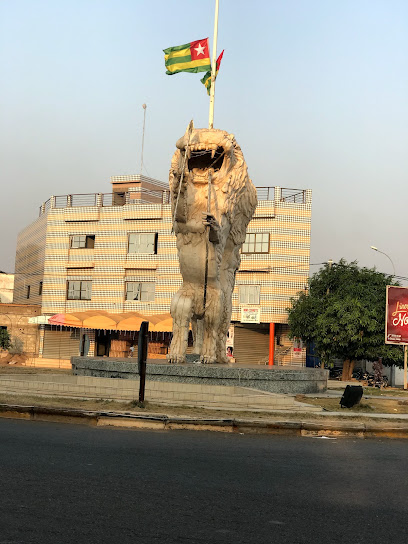
Lomé Grand Market
Immerse yourself in the vibrant culture of Lomé Grand Market, where local crafts, delicious foods, and authentic Togolese life await every traveler.
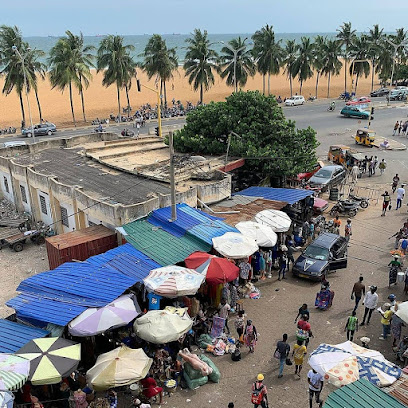
Monument de l'independance
Discover the iconic Monument de l'Indépendance, a cultural landmark in Lomé celebrating Togo's rich history and journey to freedom.
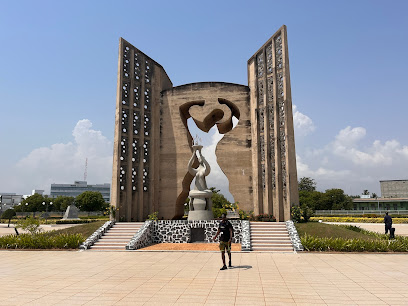
Akodessewa Fetish Market
Explore the vibrant Akodessewa Fetish Market in Lomé for a unique cultural experience filled with traditional artifacts and rich local traditions.
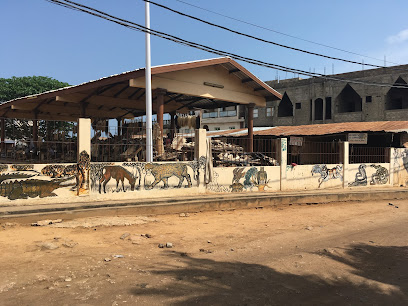
Agora Senghor
Immerse yourself in Togo's culture at Agora Senghor, Lomé's premier performing arts theater showcasing vibrant local talent and captivating performances.
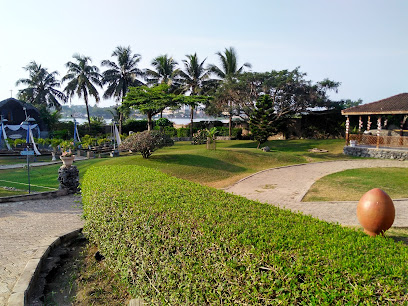
Musee National
Immerse yourself in Togo's rich culture and history at Musée National, a captivating museum showcasing the nation's heritage through art and artifacts.
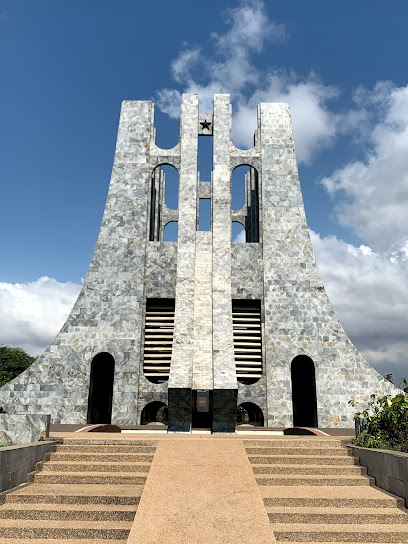
Sacred Heart Cathedral
Explore the Sacred Heart Cathedral, a stunning architectural gem in Lomé, reflecting Togo's rich cultural and religious heritage.
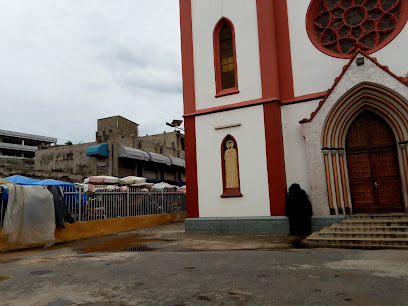
Palais de Lomé
Experience the cultural richness and architectural beauty of Palais de Lomé, a historical landmark that embodies Togo's heritage.
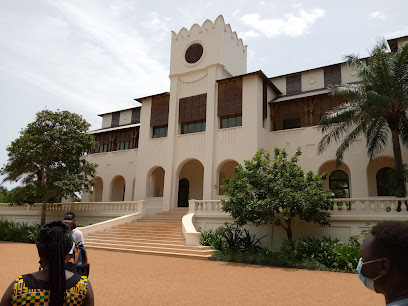
Crazy Cream Lomé
Discover the sweet side of Lomé at Crazy Cream, where unique artisanal ice creams bring local flavors to life in every scoop.
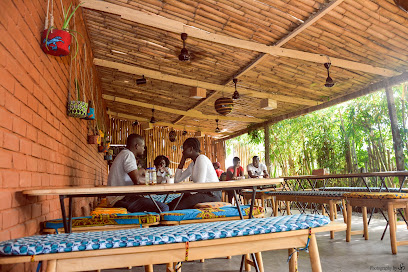
TATA PARK
Experience thrilling rides and family fun at TATA PARK in Lomé, Togo, where adventure and excitement await every visitor.
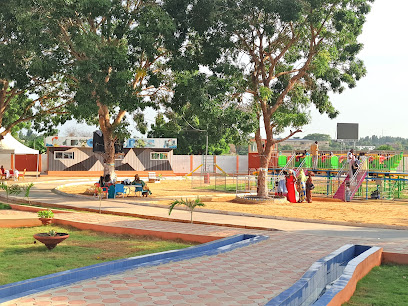
Le Lac Hotel
Experience the serene beauty of Lake Togo at Le Lac Hotel, your perfect getaway for relaxation and cultural exploration.

Fauna Cultura
Explore the unique wildlife and conservation efforts at Fauna Cultura, a top attraction in Lomé, Togo, perfect for all animal lovers and families.
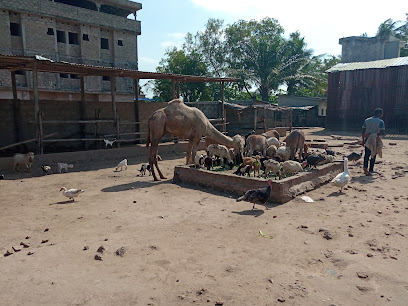
Maison des Esclaves
Explore the poignant history at Maison des Esclaves, a museum dedicated to the legacy of the transatlantic slave trade in Agbodrafo.
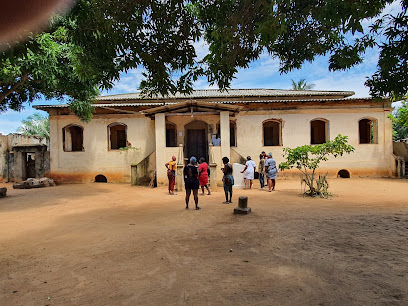
Lake Togo
Discover the tranquil beauty and rich culture of Lake Togo, a serene escape in nature perfect for relaxation, exploration, and unforgettable memories.
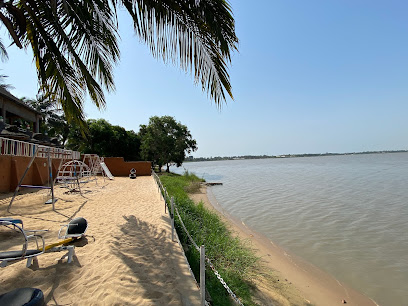
Unmissable attractions to see
Akodessewa Fetish Market
Experience the vibrant Akodessewa Fetish Market in Lomé, where tradition meets artistry in a captivating African marketplace.
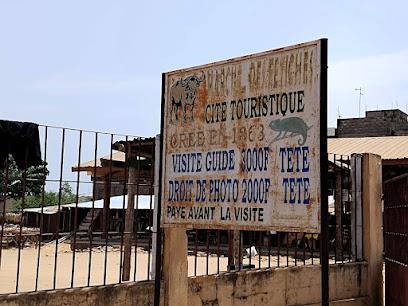
Fil'o Parc
Experience endless fun at Fil'o Parc in Agouenyive, where thrilling rides and family-friendly attractions await every visitor.
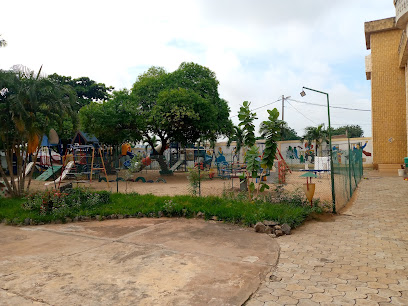
Funny Park
Discover the joy of laughter and excitement at Funny Park, Lomé's premier amusement park featuring thrilling rides, games, and delicious treats.
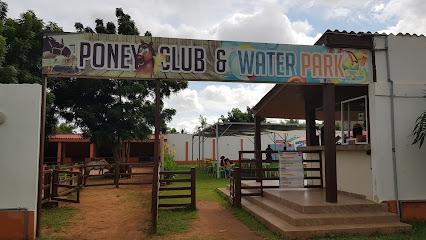
Musee National
Explore the fascinating history and cultural heritage of Togo at Musee National, a must-visit museum in Lomé showcasing rich artifacts and traditions.
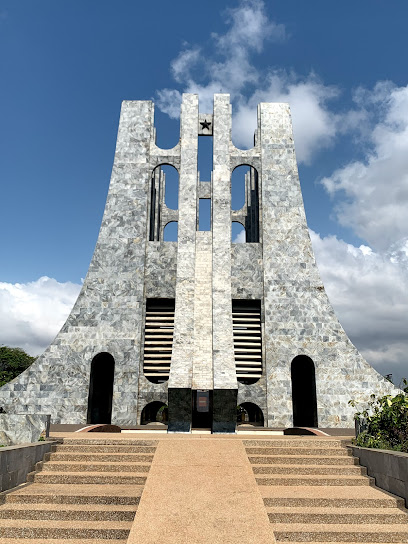
Maison des Esclaves
Explore the haunting history of the slave trade at Maison des Esclaves, a poignant museum in Agbodrafo dedicated to remembrance and education.
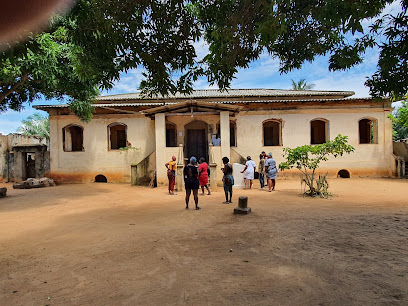
Magbatrova Abobo Kpoé
Explore the cultural richness and natural beauty of Magbatrova Abobo Kpoé, a hidden gem in Zio, Togo that offers an unforgettable travel experience.
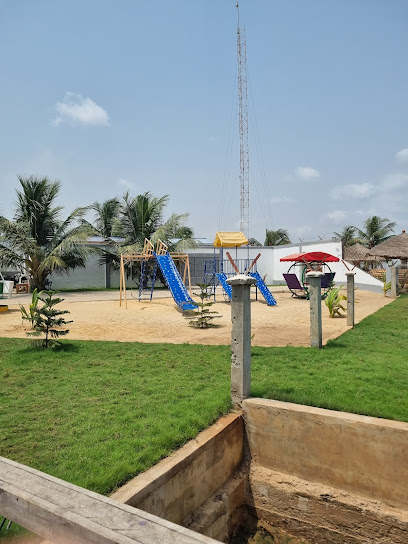
NETADI Lome
Discover the scenic trails and rich biodiversity at NETADI Lome, a premier hiking destination in the heart of Lomé, Togo.
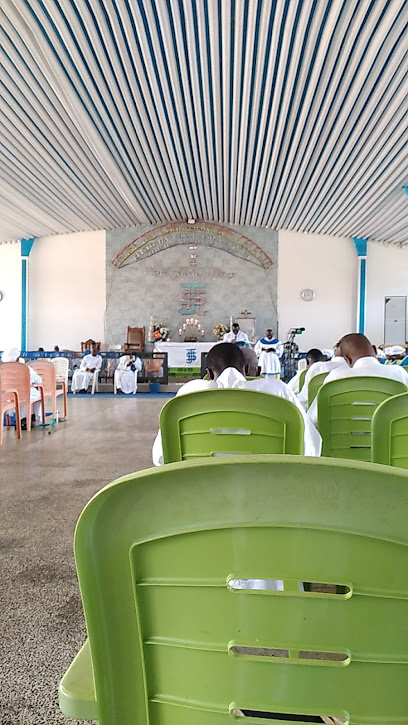
Point d’embarquement pour Badougbé
Explore the enchanting Point d’embarquement pour Badougbé, your gateway to stunning waterways and local culture in the heart of Badougbé.
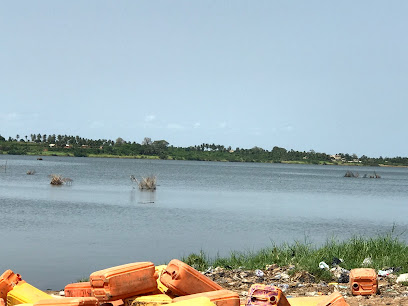
ARTNOPE Pascal ASU AHOUISSOU
Explore the vibrant art scene of Lomé at ARTNOPE Pascal ASU AHOUISSOU, a cultural hub showcasing local talents and rich traditions.
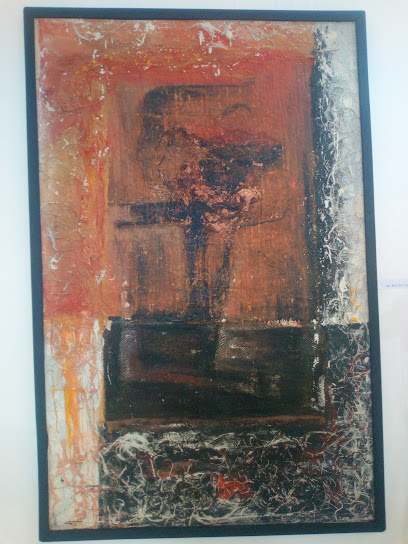
Rond-point Trésor (Doumasséssé)
Explore the vibrant culture and lively atmosphere at Rond-point Trésor, a must-visit hub in Lomé, Togo, for an authentic local experience.
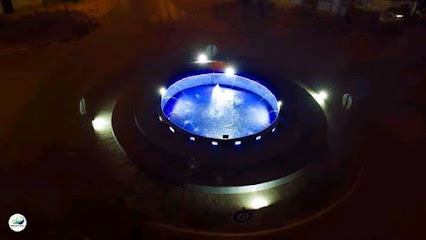
Centre artisanal de Togoville
Explore Togoville's artistic heritage at the Centre artisanal, where local artisans showcase their unique crafts and traditions.
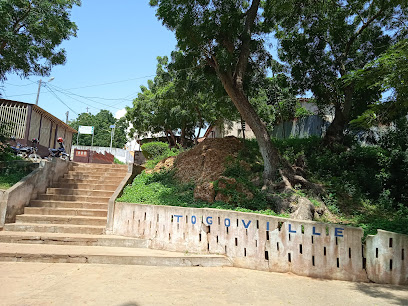
ZION PARADISE
Experience the breathtaking landscapes and vibrant culture at Zion Paradise in Tsevie, a serene retreat in Togo's natural beauty.

Cacaveli
Explore Cacaveli, a vibrant tourist attraction in Agouenyive, where local culture meets stunning natural beauty for an unforgettable experience.
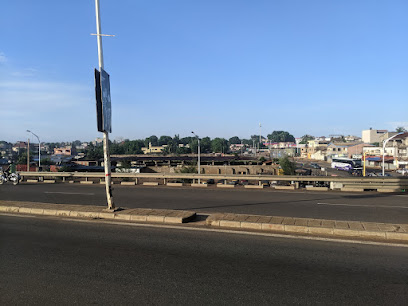
WARF Allemand
Experience the vibrant flavors and warm hospitality of Togo at WARF Allemand, a top tourist attraction in Lomé.
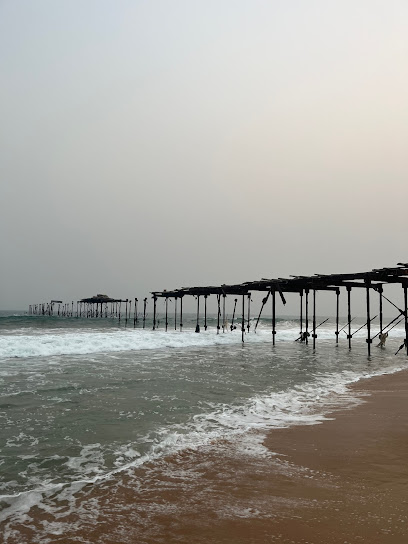
KPONDAVÉ
Explore KPONDAVÉ in Aklakou, Togo - a hidden gem offering breathtaking landscapes and rich cultural experiences in an enchanting setting.

Essential places to dine
LA CASE DU CHEF
Savor authentic Togolese flavors and international cuisine at La Case du Chef in Lomé – where every meal tells a story.
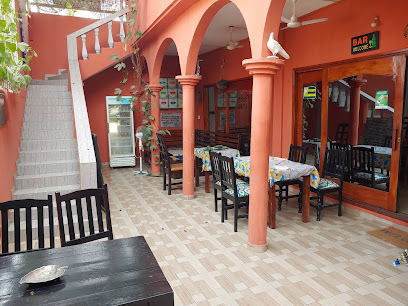
Bar-restaurant Mon Village (chez Léo) nouvelle gérance
Discover the flavors of Togo at Bar-Restaurant Mon Village—an authentic dining experience celebrating local cuisine and hospitality.
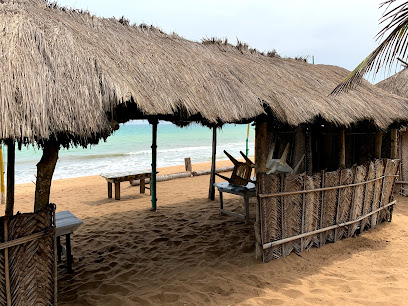
Auberge du Lac
Experience authentic Togolese cuisine at Auberge du Lac while enjoying stunning views of Lake Togo in a charming atmosphere.
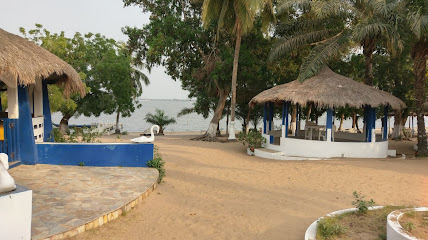
Restaurant Chez DaDo
Savor authentic Togolese cuisine at Restaurant Chez DaDo – a culinary treasure in Lomé specializing in traditional dishes like ayimolou.
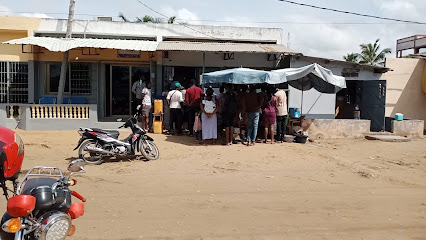
Hotel Ecole SAFARI
Discover authentic Togolese flavors at Hotel Ecole SAFARI – where culinary tradition meets warm hospitality.
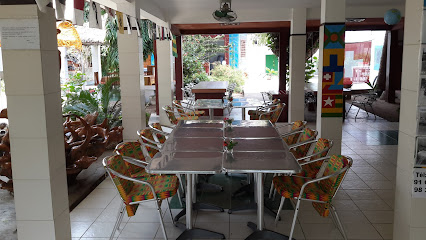
Chez Tata Santé. Pinon
Experience authentic Togolese cuisine at Chez Tata Santé in Agbodrafo – where every dish tells a story.
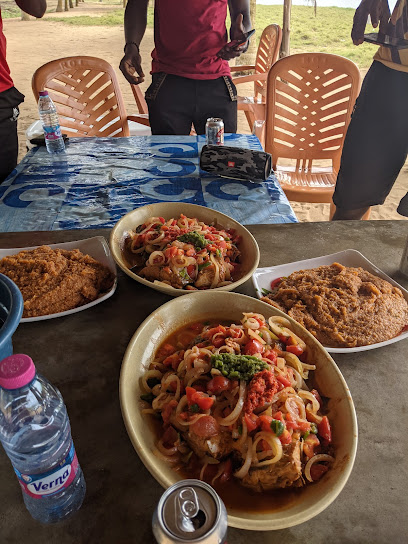
24 MOOD
Experience authentic Togolese flavors at 24 MOOD in Lomé, where vibrant atmosphere meets delicious cuisine.
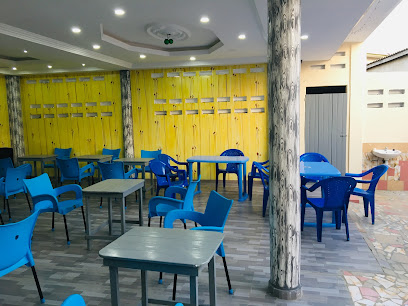
Marie Claire
Discover Marie Claire in Agbodrafo: where fast food meets stunning lakeside views for an unforgettable dining experience.
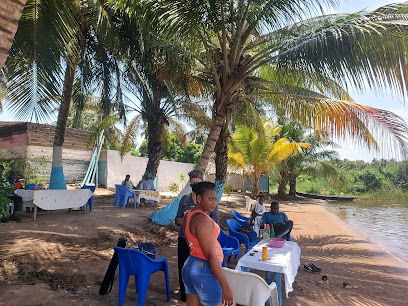
Maquis du protectorat
Discover authentic Togolese cuisine at Maquis du Protectorat in Togoville – where every meal is a celebration of local flavors.
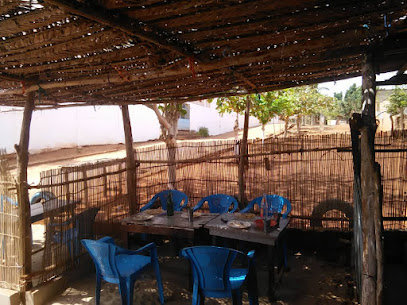
Ayimolou Del Fuego
Discover authentic Togolese cuisine at Ayimolou Del Fuego in Lomé's vibrant Avepozo district - where flavor meets hospitality.

Alogavi la Casa de Cuba
Discover the vibrant flavors of Cuba at Alogavi la Casa de Cuba in Agbodrafo—an unforgettable culinary journey awaits.
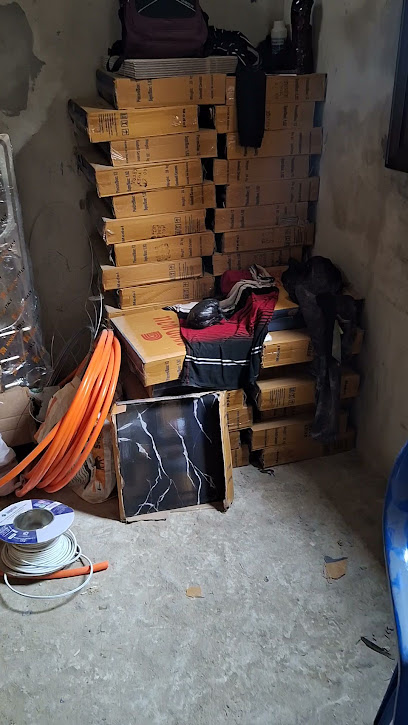
restaurant LA TAVERNA
Experience the artistry of Haute French cuisine at Restaurant La Taverna in Lomé – where elegance meets exceptional flavor.
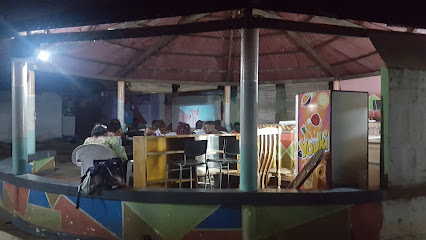
TOP ONE
Explore Agbodrafo's culinary scene with authentic Togolese dishes in a cozy restaurant steeped in local history.
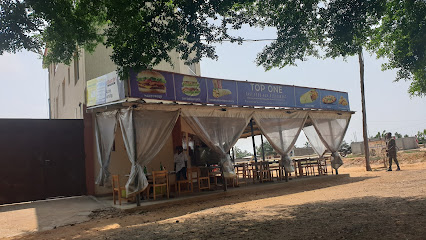
ECLIPSIAL BEACH BAR & LOUNGE
Experience the perfect blend of relaxation and flavor at Eclipsial Beach Bar & Lounge in Agbodrafo's stunning coastal setting.
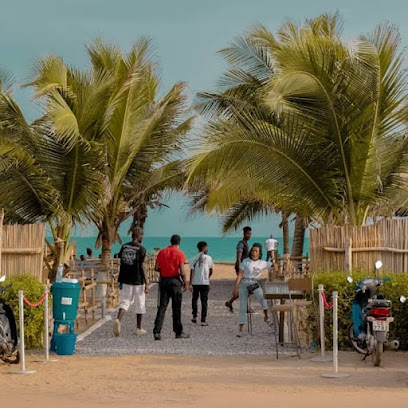
Choco Resto
Discover Choco Resto in Agbodrafo – where every dish tells a story through rich chocolate flavors and culinary creativity.
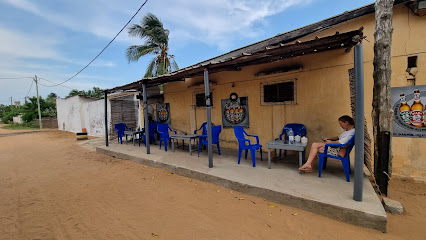
Markets, malls and hidden boutiques
Point de vente Agbavi
Discover the vibrant tastes of Togo at Point de Vente Agbavi, a local grocery store in N2 offering authentic Togolese ingredients and products.

Offrir du Bonheur Lome
Explore unique Togolese crafts and souvenirs at Offrir du Bonheur Lome, a charming gift shop offering a taste of local culture and artistry.

Aklala Batik Du Togo à Lomé
Discover the vibrant artistry of Togolese batik at Aklala Batik Du Togo in Lomé, your destination for authentic gifts and cultural treasures.
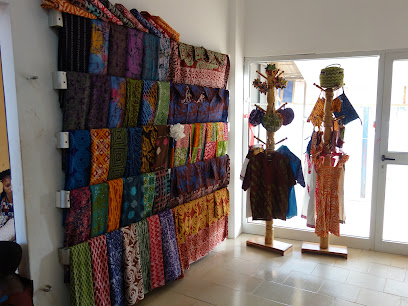
SDG HYPOLITE ET FILS
Discover a vibrant shopping experience at SDG Hypolite et Fils, where local culture meets modern retail in N2.

togoshop
Experience the vibrant colors and styles of Togoshop in Lomé, where unique handbags and local fashion await every traveler.
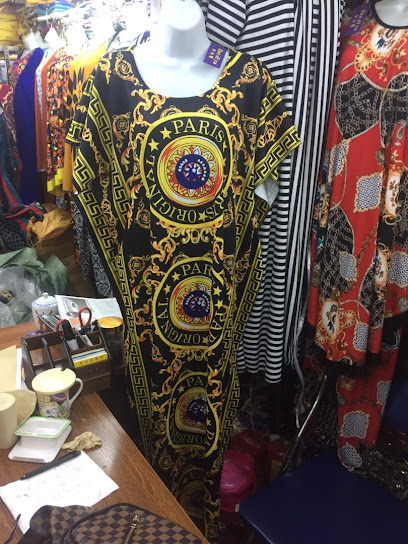
Ets Djoalogou
Discover the vibrant shopping and dining scene at Ets Djoalogou, a must-visit destination in Lomé, Togo.

Beach Village - Marché d'agbodrafo
Experience the vibrant culture and flavors of Togo at Beach Village - Marché d'agbodrafo, your go-to marketplace for fresh produce and local delicacies.
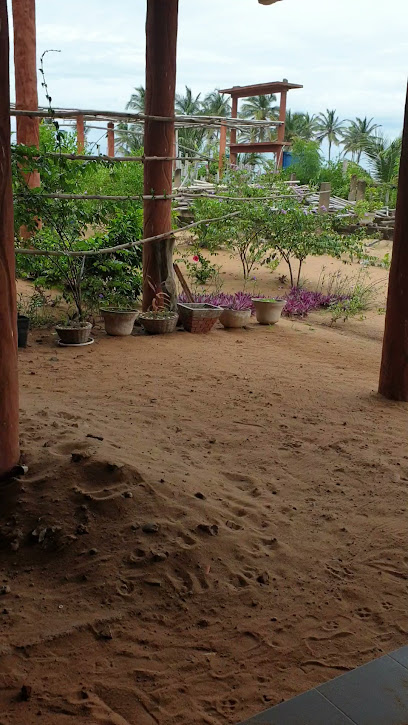
Centre artisanal
Explore authentic Togolese craftsmanship at Centre Artisanal in Lomé, where every handcrafted item tells a unique story of culture and artistry.

Laftshop
Explore Laftshop in Lomé for an authentic boutique experience, showcasing unique Togolese crafts and vibrant local fashion.

JoelMarket
Discover the colorful and bustling atmosphere of JoelMarket in Lomé, where shopping meets local culture and delicious cuisine.

Mommy's shop
Explore unique local crafts and home goods at Mommy's Shop in Lomé, where Togolese artistry meets warm hospitality.

Friperie pour enfant - Hédzranawoé
Explore Friperie pour enfant - Hédzranawoé in Lomé for vibrant children's gifts and unique local treasures that delight every young heart.
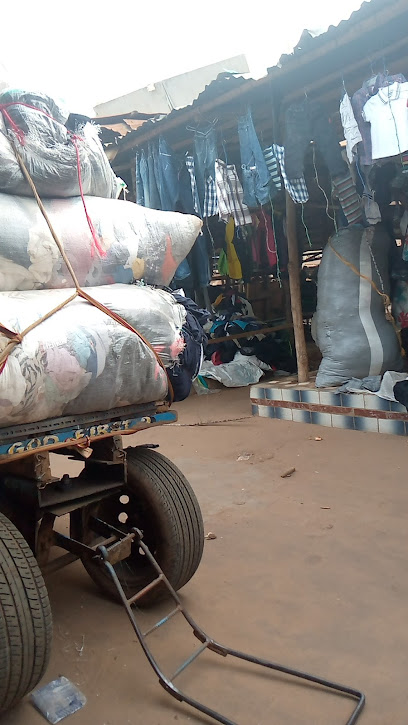
Quatreas Shop
Discover the heart of Lomé at Quatreas Shop, a bustling produce market filled with fresh local flavors and vibrant cultural experiences.

Sathom's Shop
Experience wellness and beauty at Sathom's Shop in Lomé, featuring a wide range of health products and personalized service.

Zabeirou
Explore Zabeirou in Lomé for exquisite Togolese gifts and crafts, capturing the spirit of Togo in every unique piece.

Essential bars & hidden hideouts
Bar-restaurant Mon Village (chez Léo) nouvelle gérance
Experience authentic Togolese cuisine at Mon Village in Agbodrafo, where every dish is a celebration of local flavors and hospitality.

ECLIPSIAL BEACH BAR & LOUNGE
Discover the vibrant atmosphere and delicious local cuisine at Eclipsial Beach Bar & Lounge in Agbodrafo, your perfect beach getaway.
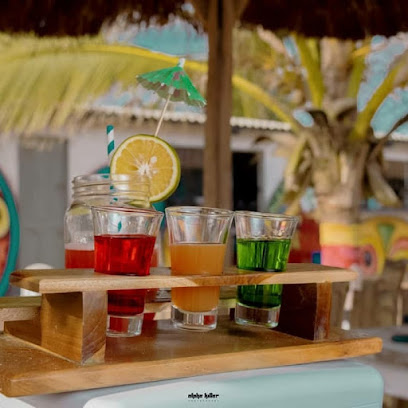
Zangan Bar
Discover the vibrant atmosphere of Zangan Bar in Lomé, where local charm meets lively nightlife, perfect for socializing and relaxation.

Bar-Restaurant Auberge EKO
Discover the vibrant charm of Bar-Restaurant Auberge EKO in N2, where authentic Togolese cuisine meets a lively atmosphere.
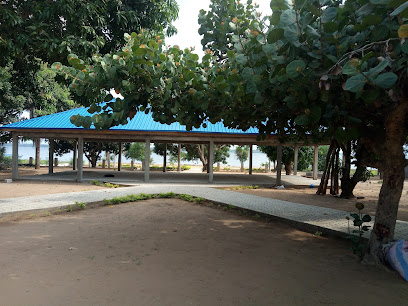
Bar la colombe
Discover authentic Togolese flavors and vibrant atmosphere at Bar la Colombe in N2, a must-visit restaurant for every traveler.

Marina Beach
Experience the serene beauty of Marina Beach in Agbodrafo, where golden sands meet soothing waves for the perfect coastal getaway.
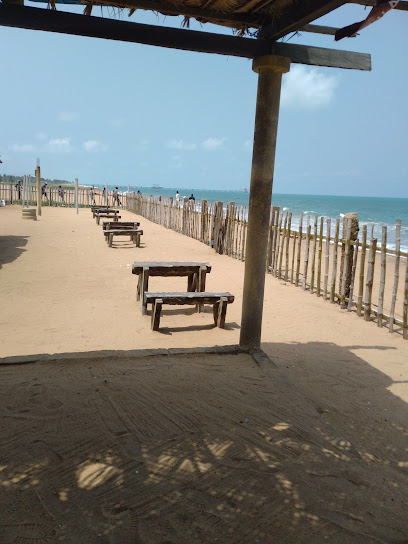
THE RICH Shisha Bar Cafétéria
Discover THE RICH Shisha Bar Cafétéria in Lomé, where vibrant nightlife meets a cozy atmosphere for an unforgettable experience.
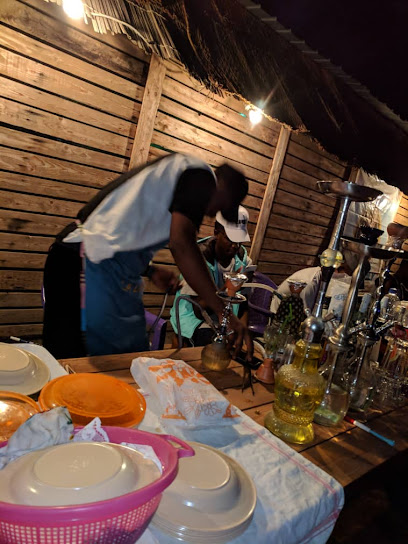
Moyo brasserie artisanale
Discover the best of local craft brews and delicious cuisine at Moyo Brasserie Artisanale in Agbodrafo's Quartier Djinkin.
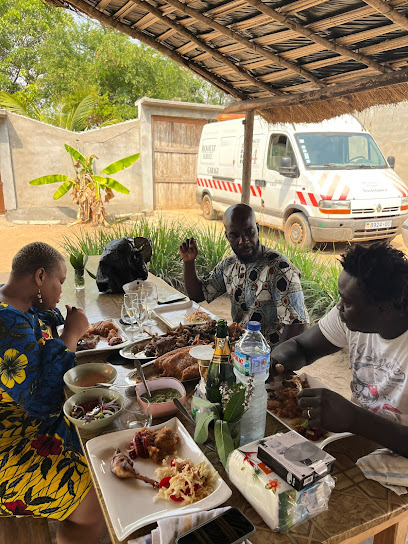
Le Bouchon
Experience the vibrant culture of Agbodrafo at Le Bouchon, where local flavors meet a cozy atmosphere for an unforgettable night out.

La Cantina Agbodrafo
Discover La Cantina Agbodrafo, where authentic Togolese cuisine meets a lively atmosphere for an unforgettable dining experience.

BAR - CAFE - RESTO OBAMA
Discover local culture and vibrant nightlife at BAR - CAFE - RESTO OBAMA, the perfect spot for relaxation and socializing in Togo.

Leorida Beach Bar restaurant
Experience the lively atmosphere and delectable local cuisine at Leorida Beach Bar, the perfect seaside retreat in Agbodrafo.

CHEZ ADJELE LASSEY
Experience the lively ambiance of Chez Adjele Lassey, a top bar in Agbodrafo where culture meets refreshing drinks and friendly locals.
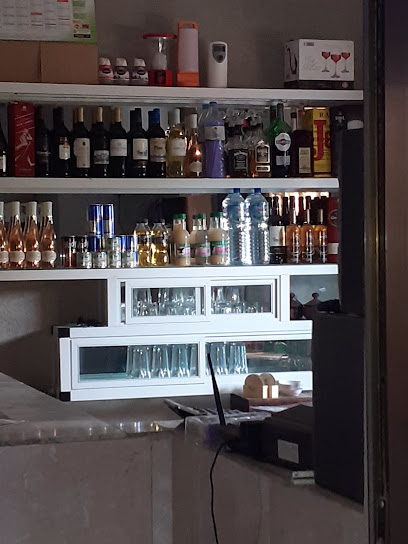
Bar Auberge 7ème ciel KPEME
Experience the heart of Togolese nightlife at Bar Auberge 7ème Ciel KPEME, where vibrant flavors and lively music create unforgettable moments.
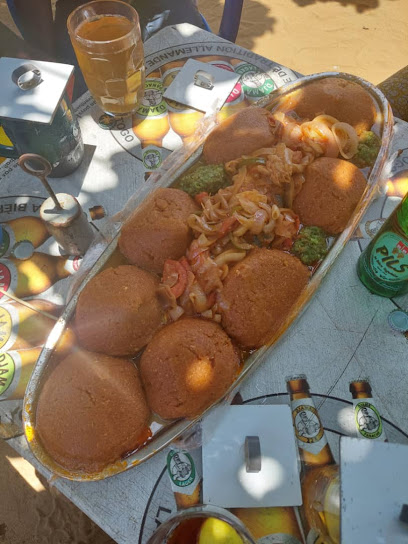
Local Phrases about Agbodrafo
-
- HelloAkpe
[ah-kpeh] - GoodbyeAde
[ah-deh] - YesEe
[eh] - NoAwo
[ah-woh] - Please/You're welcomeMiawoe
[myah-woe] - Thank youAkpe
[ah-kpeh] - Excuse me/SorryKafui
[kah-foo-ee] - How are you?Afehyia pa?
[ah-feh-hee-ah pah] - Fine. And you?Afehyia. Nanyeh?
[ah-feh-hee-ah. nah-nyeh] - Do you speak English?Wofe fee Eŋlisŋ?
[woh-feh fee eh-ng-lees-ng] - I don't understandAwo me do me
[ah-woh meh doh meh]
- HelloAkpe
-
- I'd like to see the menu, pleaseAme nyɔ menu, miawoe
[ah-meh nyoh meh-noo, myah-woe] - I don't eat meatAwoŋyɔ ademe
[ah-woh-nyoh ah-deh-meh] - Cheers!Afi
[ah-fee] - I would like to pay, pleaseAme nyɔ dɔvi, miawoe
[ah-meh nyoh doh-vee, myah-woe]
- I'd like to see the menu, pleaseAme nyɔ menu, miawoe
-
- Help!Ɖe
[deh] - Go away!Wòe
[woh-eh] - Call the Police!Tɔ ɖe Polis
[toh deh poh-lees] - Call a doctor!Tɔ ɖe dokotor
[toh deh doh-koh-toh] - I'm lostAwo me nya
[ah-woh meh nyah] - I'm illAwo me le
[ah-woh meh leh]
- Help!Ɖe
-
- I'd like to buy...Ame nyɔ...
[ah-meh nyoh...] - I'm just lookingAme ŋu me
[ah-meh ngoo meh] - How much is it?Eyi ɖe yeye?
[ay-yee deh yeh-yeh] - That's too expensiveƉe dzi
[deh zee] - Can you lower the price?Wòe ɖe le?
[woh-eh deh leh]
- I'd like to buy...Ame nyɔ...
-
- What time is it?Ɖe bɔ na?
[deh boh nah] - It's one o'clockƉe eyi ɖeka
[deh ay-yee deh-kah] - Half past (10)Ɖeka (10)
[deh-kah (10)] - MorningƉɔ
[doh] - AfternoonƉɔ ɖe
[doh deh] - EveningƉɔ ɖeka
[doh deh-kah] - YesterdayƐɖekɔ
[eh-deh-koh] - TodayVɔ
[voh] - TomorrowƐʋegbe
[eh-veh-gbeh] - 1Ɖeka
[deh-kah] - 2Ɖo
[doh] - 3Mia
[mee-ah] - 4Fi
[fee] - 5Nan
[nahn] - 6Nɔ
[noh] - 7Vio
[vee-oh] - 8Viei
[veh-ee] - 9Kakla
[kah-klah] - 10Gba
[gbah]
- What time is it?Ɖe bɔ na?
-
- Where's a/the...?Ɖe...nɔ ƒe?
[deh...noh feh] - What's the address?Ɣe adrese ƒe?
[yeh ah-deh-seh feh] - Can you show me (on the map)?Wòe me...nɔ ƒe?
[woh-eh meh...noh feh] - When's the next (bus)?Ɔ...nɔ ɖeka?
[oh...noh deh-kah] - A ticket (to ....)Ɔ bɛkɔ (wo ...)
[oh beh-koh (woh ...)]
- Where's a/the...?Ɖe...nɔ ƒe?
History of Agbodrafo
-
Agbodrafo, formerly known as Porto Seguro, is a coastal town located in southern Togo. Its name, meaning 'the village of the paddlers,' reflects its deep-rooted connection to the water. The town's history dates back centuries, and it has been a significant settlement for the Ewe people, who are the primary ethnic group in the region.
-
In the late 15th century, Portuguese explorers arrived on the coast of what is now Togo and established trading posts. Agbodrafo quickly became a crucial point in the transatlantic slave trade. The town's name, Porto Seguro, which means 'Safe Harbor' in Portuguese, highlights its role as a secure port for slave traders. Many enslaved Africans were held in the area before being shipped across the Atlantic.
-
One of the most poignant historical sites in Agbodrafo is the Maison des Esclaves. This house, built in the late 18th century, served as a holding point for enslaved Africans before their forced departure to the Americas. The basement of the house, known as the 'Well of Chains,' is where captives were shackled and confined. Today, it stands as a somber reminder of the town's dark past and a testament to the resilience of those who suffered.
-
In the late 19th century, Togo became a German colony as part of the Scramble for Africa. The Germans took control of Agbodrafo and developed infrastructure in the area, including roads and administrative buildings. While the German colonial period was relatively short-lived, it left a lasting impact on the town's architecture and layout.
-
Following Germany's defeat in World War I, Togo was divided between the British and the French. Agbodrafo fell under French control and became part of French Togoland. During this period, the town saw further development in terms of education, healthcare, and infrastructure. French cultural influences also became more prominent in the area.
-
Togo gained its independence from France on April 27, 1960. Agbodrafo, like the rest of the country, embarked on a journey of self-determination and development. Today, the town is a blend of historical legacy and modern growth. Its beautiful beaches, vibrant markets, and rich cultural heritage make it a fascinating destination for travelers interested in history and culture.
Agbodrafo Essentials
-
Agbodrafo is located on the southeastern coast of Togo. The nearest international airport is Lomé–Tokoin International Airport in Lomé, approximately 35 kilometers away. From the airport, you can take a taxi or a bus to Agbodrafo. The journey typically takes around 45 minutes by road. Shared taxis, known as 'zemidjans', are also available and can provide a more cost-effective means of reaching Agbodrafo.
-
Agbodrafo is a small town, and many of its attractions are within walking distance. For longer trips, local taxis and motorcycle taxis ('zemidjans') are readily available. Public buses operate within the town and connect to nearby areas. Renting a car is an option, but be aware that road conditions can vary, and driving can be challenging for those unfamiliar with local traffic norms.
-
The official currency in Togo is the West African CFA franc (XOF). Credit cards are accepted in some hotels and restaurants, but it is advisable to carry cash, especially in smaller establishments and rural areas. ATMs are available in Lomé and larger towns, but may be scarce in Agbodrafo, so it is wise to withdraw sufficient cash in Lomé before traveling.
-
Agbodrafo is generally a safe destination for tourists. However, it is advisable to take standard precautions. Avoid walking alone at night, and keep an eye on your belongings in crowded places. While Agbodrafo does not have specific high-crime areas targeting tourists, it is always best to stay vigilant and aware of your surroundings. Petty crime such as pickpocketing can occur, particularly in more crowded areas.
-
In case of an emergency, dial 117 for police assistance and 118 for medical emergencies. The local police station and medical facilities are available in Agbodrafo. It is recommended to have travel insurance that covers medical emergencies. For minor health issues, there are pharmacies in the town where you can purchase over-the-counter medications.
-
Fashion: Do dress modestly, especially when visiting religious sites. Avoid wearing very revealing clothing. Religion: Do respect local customs and traditions. Always show respect when visiting religious sites. Public Transport: Do be polite and respectful. Don't argue with drivers or other passengers. Greetings: Do greet people with a handshake and a smile. A friendly demeanor goes a long way. Eating & Drinking: Do try local delicacies and accept food offerings graciously. Don't refuse hospitality, as it is considered impolite.
-
To experience Agbodrafo like a local, visit the local markets where you can buy fresh produce and traditional Togolese goods. Engage with locals, as they are often friendly and willing to share stories about the town's history and culture. Don't miss visiting the Maison des Esclaves, a historical site that offers insight into the area's past. For a unique experience, take a boat ride on Lake Togo and enjoy the scenic beauty of the region.
Trending Landmarks in Agbodrafo
Nearby Cities to Agbodrafo
-
Things To Do in Lomé
-
Things To Do in Lokossa
-
Things To Do in Ouidah
-
Things To Do in Notse
-
Things To Do in Cotonou
-
Things To Do in Ho
-
Things To Do in Kpalimé
-
Things To Do in Porto-Novo
-
Things To Do in Atakpamé
-
Things To Do in Koforidua
-
Things To Do in Accra
-
Things To Do in Lagos
-
Things To Do in Abeokuta
-
Things To Do in Ibadan
-
Things To Do in Cape Coast




